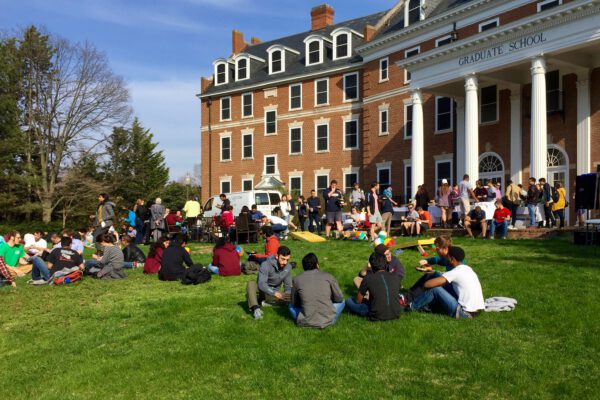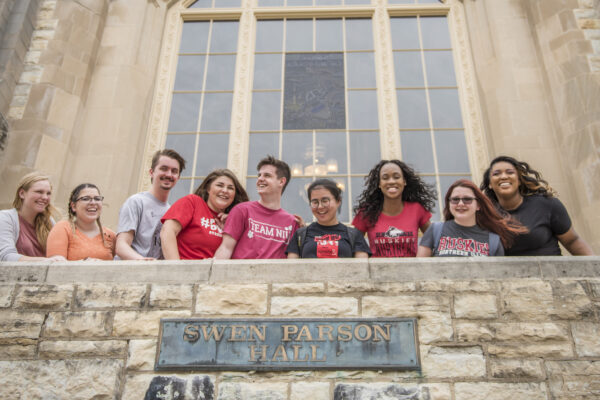ACE2018: How Can Campuses and the Office for Civil Rights Work Together to Address Sexual Misconduct?
By Carly O’Connell
In the era of the #MeToo movement, the public eye increasingly is focused on the issue of sexual assault and harassment wherever it occurs, from the workplace to the college campus. Higher education leaders at ACE2018 discussed some of the difficulties surrounding this issue particular to higher education and approaches colleges and universities are taking to address them.
The discussion took place at a session titled “Our Campuses and the Office of Civil Rights: Sexual Misconduct and the Promise of Title IX.” Speakers Candice Jackson of the Department of Education; Michele Minter, vice provost for institutional equity and diversity at Princeton University (NJ); and Jonathan Alger, president of James Madison University (VA) brought their expertise to the table, while Pam Bernard, vice president and general counsel of Duke University (NC) moderated.

According to the panelists, one of the major difficulties institutions face is a tendency for oversimplified narratives from the media, the public, and activists on all sides. This puts great pressure on the students, staff, and administrators involved. There is an expectation for the campus sexual assault process to replicate that of a criminal court, yet schools are not courts of law and their processes and resources must therefore be different.
On a similar note, many people are seeing the spike in numbers of reported cases of sexual misconduct and assuming that campuses are becoming more unsafe. Yet Candice Jackson pointed out that these reports are likely increasing because more people are feeling comfortable coming forward with their stories, not necessarily that there has been an increase in incidents.
Jonathan Alger agreed, saying that the same thing happened in the 1990s after the Americans with Disabilities Act was signed into law. Reports of civil rights violations related to disabilities went up, reflecting that the issue had finally garnered national attention. For sexual misconduct, the speakers expressed hope that once prevention initiatives have had time to have an effect, the number of reports should go back down.
Panelists made a number of suggestions for how institutions can address sexual misconduct on campus, with the help of the Office for Civil Rights (OCR):
- Reinforcement is important. Students should re-encounter training on consent and sexual harassment throughout their higher education experience, not only during freshman orientation. This will allow them to remember and apply their training in the moment when it is needed.
- Institutions need to share best practices with each other, with the help of OCR. What works at a four-year private institution may not work for a commuter community college, but having a bank of resources would go a long way to help schools find the technical assistance they need. As an audience member indicated during the Q&A at the end of the session, model/sample policies could be very helpful for struggling schools.
- Interaction and feedback between OCR and higher education institutions is critical. Leading up to the Department of Education’s proposed Title IX ruling in spring 2018, Jackson welcomed informal comments and suggestions. After the ruling, a formal public comment channel will be available. Institutions must make sure to participate in the discussion.
If you have any questions or comments about this blog post, please contact us.


